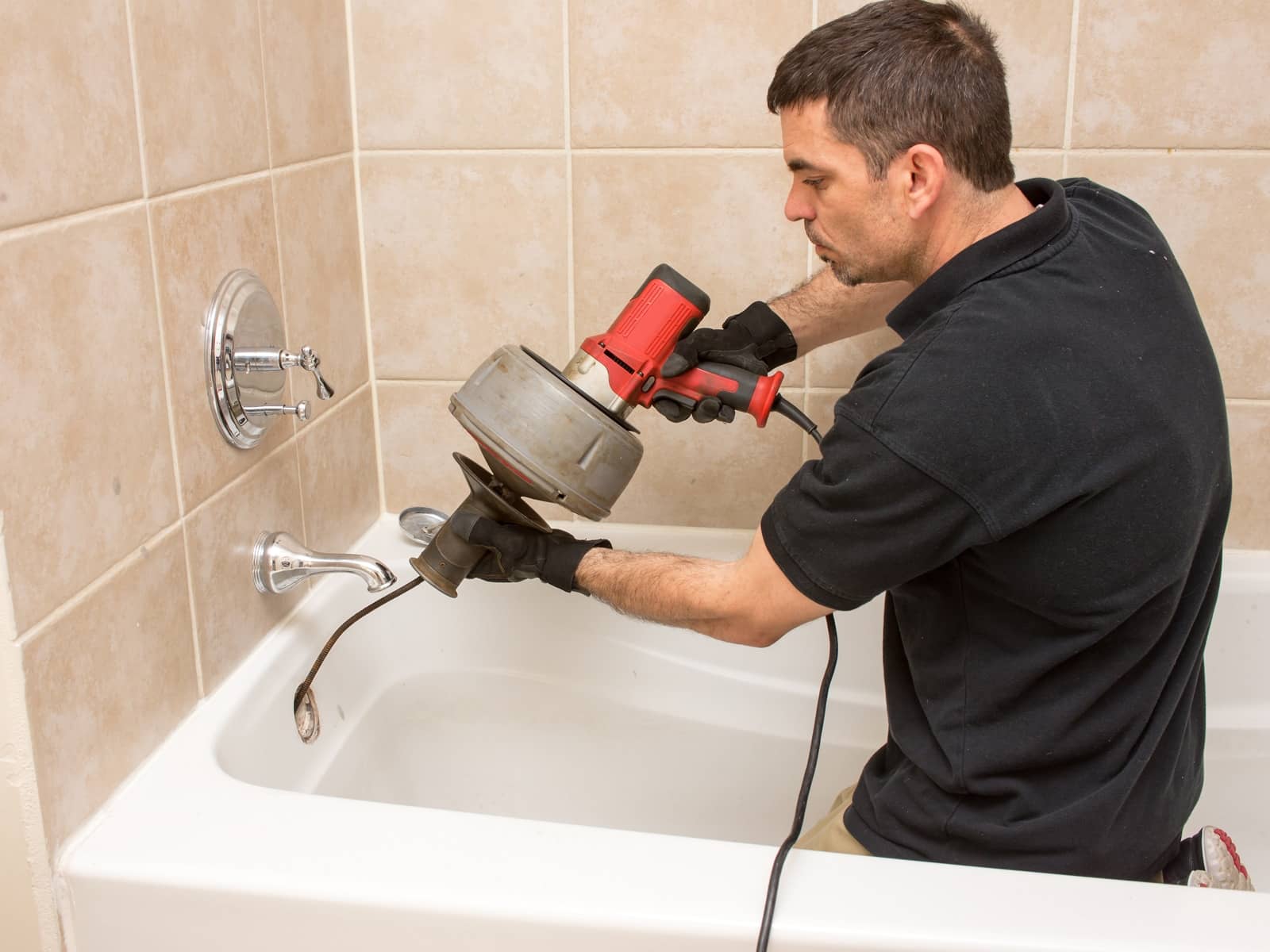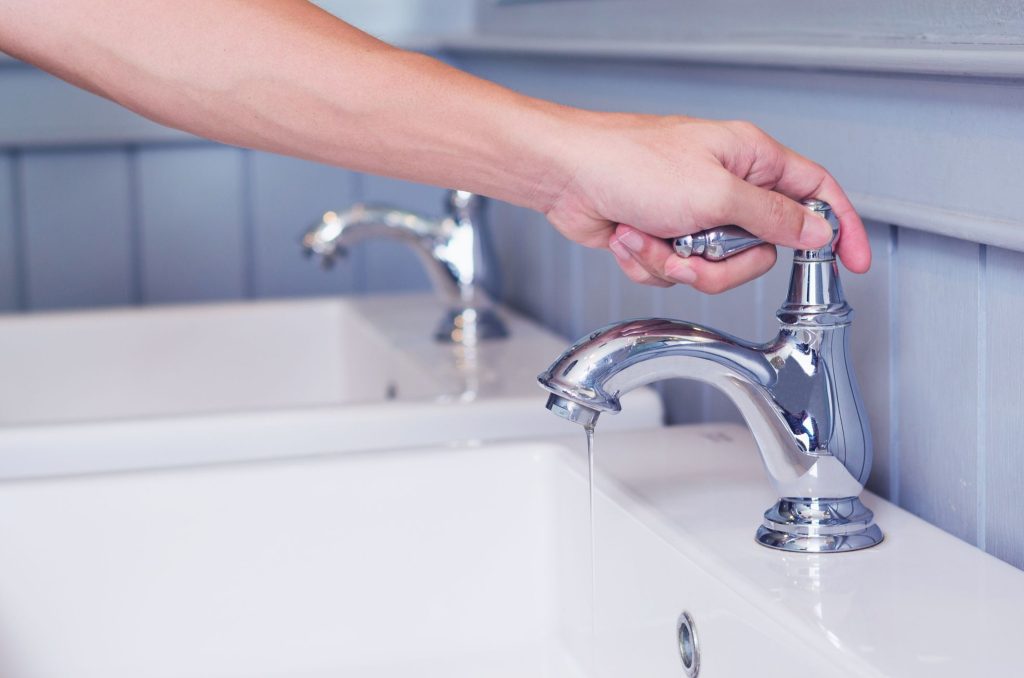Many homeowners in Albuquerque are not even aware that they have hard water until there is a significant issue. But then they are shocked to learn that over three-quarters of all homes in the United States are dealing with the same hard water issues and problems. Unfortunately, many are unaware of the problem until there is significant damage to their home’s plumbing system.
What Is Hard Water?
Hard water is nothing more than water that has high mineral content. Calcium and magnesium are typically the two minerals that are in a high concentration. When the mineral content measures more than 7 grains per gallon, the water is officially considered hard. In these situations, it is crucial to have a water softener installed to reduce the mineral content in the water and prevent the destruction of your home’s water lines, fixtures, and appliances.
What Is Hard Water Damage
When you look at your home’s faucets or showerheads and see a hard white buildup, it is caused by hard water. The minerals encrust the fixtures and will slowly begin to block water flow from the spigots and showerheads. In addition, that crusty gunk will also start to damage the fixtures with corrosion.
The damage to your home’s water lines is more worrisome than damage to the fixtures that you can see. This is because the minerals will also build up inside the pipes and begin to reduce their capacity. So you could start to notice that your water pressure or the amount of water flowing from your faucets is dropping. And the cause could be the buildup of minerals blocking the inside of the pipes.
It is crucial to have your home’s water tested if you think that you have hard water. Installing a water softener is the only way to prevent the damage of these corrosive minerals.
Signs Of Hard Water
If you are not familiar with hard water, it is vital to know the telltale signs. These are the indications and hints that you need to have your water tested. Some of the most common include:
- Staining on sinks, tubs, and toilets from the high mineral content. You could also see the scale buildup on faucets or showerheads after long-term use. Other hints include water fixtures that are constantly clogging or spray patterns on nozzles or faucets that are constantly clogged.
- When you remove a glass or dish from the dishwasher and see grey spots, the issue is not dirt but scale. It is the minerals in the hard water that are not rinsing off of your glasses and dishes. Unfortunately, when you look closely, you will also see the scale buildup on glass shower enclosures or doors and inside appliances like your dishwasher and clothes washer. Even worse, you will know that the same scale is slowly creating blockages inside your home’s water lines.
- Hard water also inhibits the cleaning power of detergent and soap. So you will notice that your laundry begins to look more dingy and dull after repeated washing in hard water. Whites will be less bright and crisp, while colors will look faded and worn. You might also notice a sour odor in your laundry if the mineral content is exceptionally high.
- If you find that your skin is suddenly dry and itchy, the culprit could be hard water. Long-term exposure to hard water will result in that same scale or film buildup on your skin that will dry it out.
If you think that your home’s water is hard, call (505) 308-2776. A water purity expert from All-Out Plumbing & Mechanical will test your water and determine if a water softener will solve your water quality issues.






 Special Offer
Special Offer

